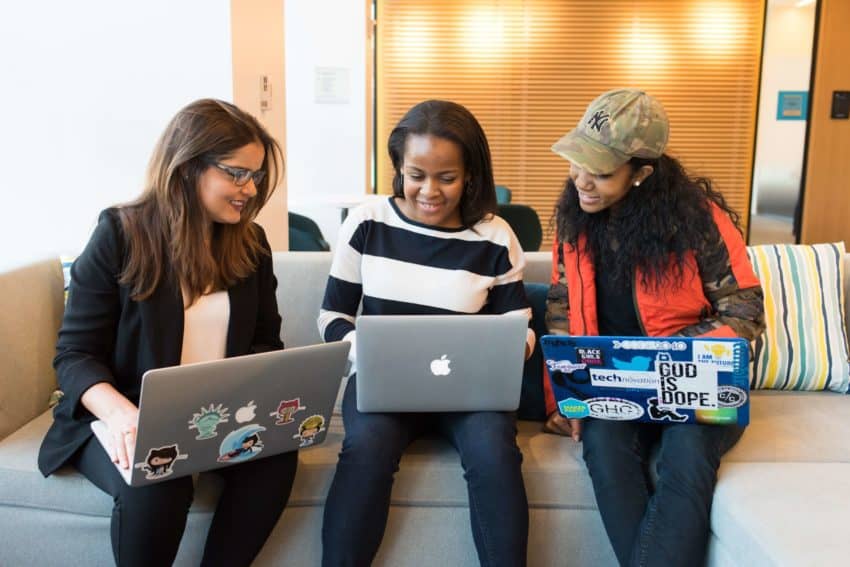Difference Between Debate and Discussion
Updated: September 29, 2025

Humans have been debating, discussing, and arguing since the beginning of time. From the ancient Greek open Agoras for political discussion, to the Speaker’s Corner in London, and the current presidential debates that take place now, discussion and debate have an important part in the evolution of human thought. But what about on a smaller scale, including personal arguments, discussions in the workplace, or debates in schools? Debate and discussion have their place in your life, and each has its own differences. Let’s find out what they are.
Key Takeaways
-
Goal: Debate aims to win a position; discussion aims to understand/learn.
-
Mindset: Debaters defend a stance; discussants remain open to changing views.
-
Format: Debate is formal/ruled with a decision; discussion is informal/fluid.
-
Skills used: Debate emphasizes argumentation and rebuttal; discussion emphasizes active listening and inquiry.
-
Outcome: Debate ends with judgment; discussion ends with shared insight or next steps.
Debate and Discussion

Photo by Sebastian Herrmann on Unsplash
1. Main Concern
When it comes to debate and discussion, the difference breaks down into openness of the participants.
Debaters aren’t there to be open, they are there to win.
By contrast, people participating in a discussion are usually open to one another’s opinions, and there is a chance the opinions can be changed in a discussion. This is not the case for debates.
2. Winning vs Learning
In a debate, each participant wants to be seen as the “winner.” Debaters will often act as if they are winning during every step of the debate, even if they are not. Part of the debate is being a performer.
Discussions, however, depend on listening and learning — not winning. Someone doesn’t “win” a discussion, but rather both sides learn from one another.
3. Looking vs Listening
Debate participants are always looking for the next time they can make their point known, or to outsmart their proponent. Instead of listening for information absorption and expanding horizons, debaters are listening for inconsistencies and parts with which to argue.
In a discussion however, each party actively listens to one another, reflecting on what is being said and how it might work or not work with their own experiences, knowledge or truths.
4. Changing Direction vs Authenticity
During a debate, when a debater struggles with a topic or with an argument, they have likely been taught to steer away, back to familiar territory. This puts the debater back in control and onto the “winning” side.
Discussions will have a more authentic flow of topics, as the discussion won’t make sense if participants suddenly change the direction of the conversation.
The Principal Differences

When to Use a Debate vs. a Discussion
-
Choose a debate when you need a clear decision, have opposing cases, and can follow formal rules (e.g., competitions, policy forums).
-
Choose a discussion when you want to surface ideas, identify risks, or build alignment (e.g., team problem-solving, study groups).
-
Tip: Start with discussion to map the landscape; use debate when the options are clear and a choice is required.
Argument vs Debate

Photo by Jopwell from Pexels
While both arguments and debates have much in common, there is a key difference — the formality of the situation.
A debate is formal, deliberate, executed according to an agreed upon set of rules, and a decision is made at the end of the debate.
Debates use arguments, but an argument itself is informal, usually unplanned, can get heated, and doesn’t always end in a decision.
In the Workplace: Dialogue
In the workplace, the best form of communication for a new topic is not debate, argument, or discussion. It is dialogue. The purpose of dialogue, unlike the previous three, is to find a shared connection between speakers.
No one will win or lose a dialogue, but it is more than discussing a topic of interest.
The most successful dialogues ask participants to suspend judgment, listen, ask questions, and take a deeper look at assumptions.
The Goal of Debate and Object of Discussion

Photo by fauxels from Pexels
The goal of a true debate is to lead your side to win and persuade the other side or the judges that your points are more valid.
The object of discussion, on the other hand, is to hear all sides, and to have every participant learn and grow as a result. It is more of an intellectual activity, whereas debate is more of a competitive activity.
The Form of Discussion and Debate
Despite a debate being much more formal and conducted with a clear set of rules, they do have some similarities in form. Both discussion and debate usually include taking a stand, a premise for that opinion, some deductive reasoning coupled with intuition to form opinions or keep yours, and some sort of conclusion.
Objective of Each
Both discussions and debates have different objectives. One very important part of those objectives is the possibility to change your mind, and the consequences if you do.
In a debate, changing your mind means you lost. On the other hand, in a discussion, losing happens when neither side learned anything.
However, both debates and discussions should lead to an increased understanding of the topic, and multiple viewpoints on the subject. Each person’s own viewpoint may have changed some, a lot, or not at all.
A good discussion or debate is successful based on how efficiently and to what depth the information was exchanged — as well as on new knowledge gained. Knowledge can be in terms of insights, approaches, and beliefs.
Remember, even if no one changed their viewpoint, both discussions and debates can still be successful if there is an increase in knowledge or understanding of a subject.
The Degree of Both Matter

Photo by Christina Morillo from Pexels
In the end, it does matter to what degree the debate or discussion are occuring. For example, a discussion might hold a small debate on a more informal level and all might learn from this debate. Or the discussion could be spearheaded by one opinion. The “how” is just as important as the fact that someone is debating or discussing.
No matter if you are involved in a debate and discussion, try to be respectful of the other side, be open to new information, and learn from one another. Learning from those with different experiences and opinions is one of the best ways to promote self-growth.
